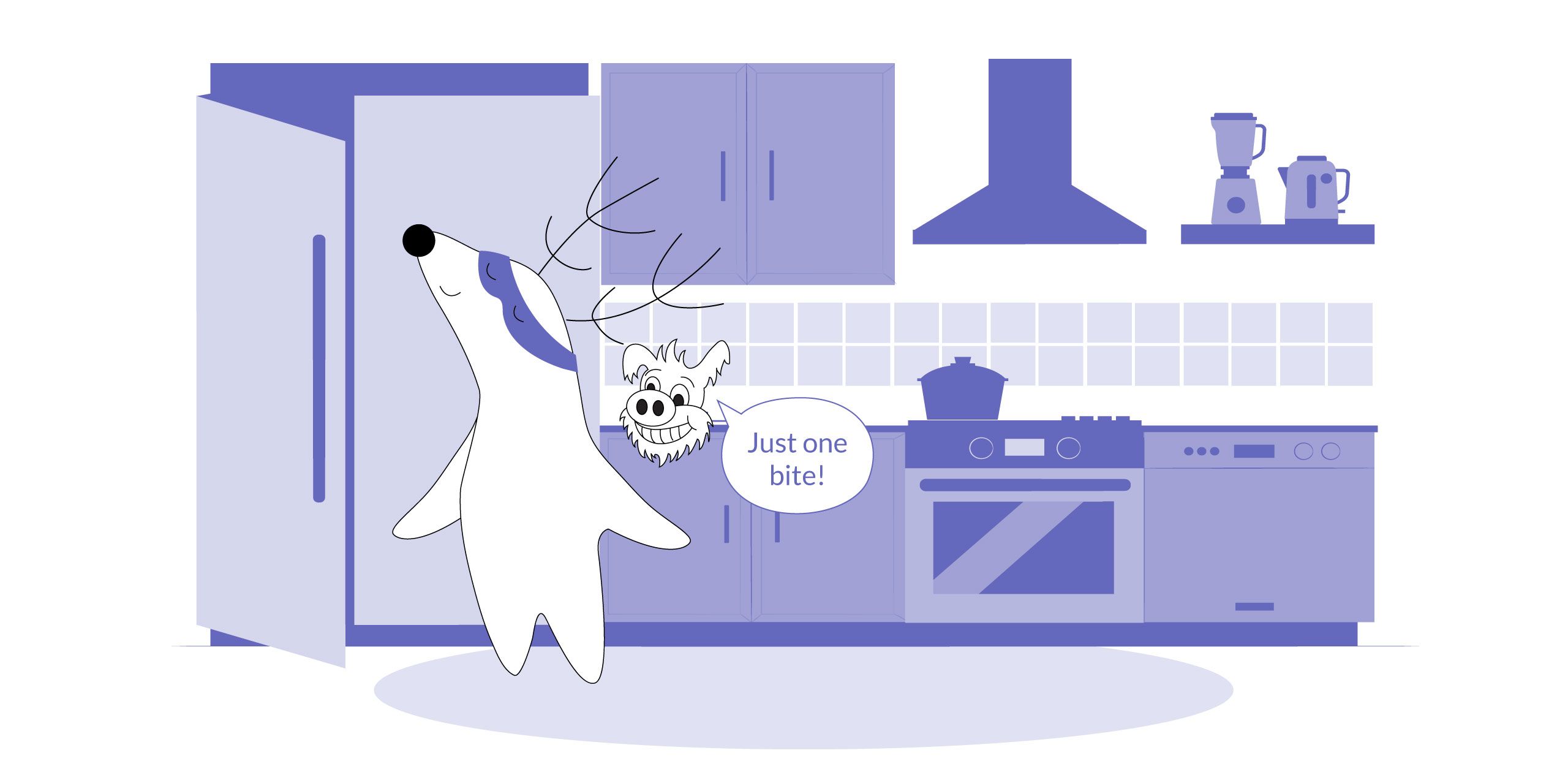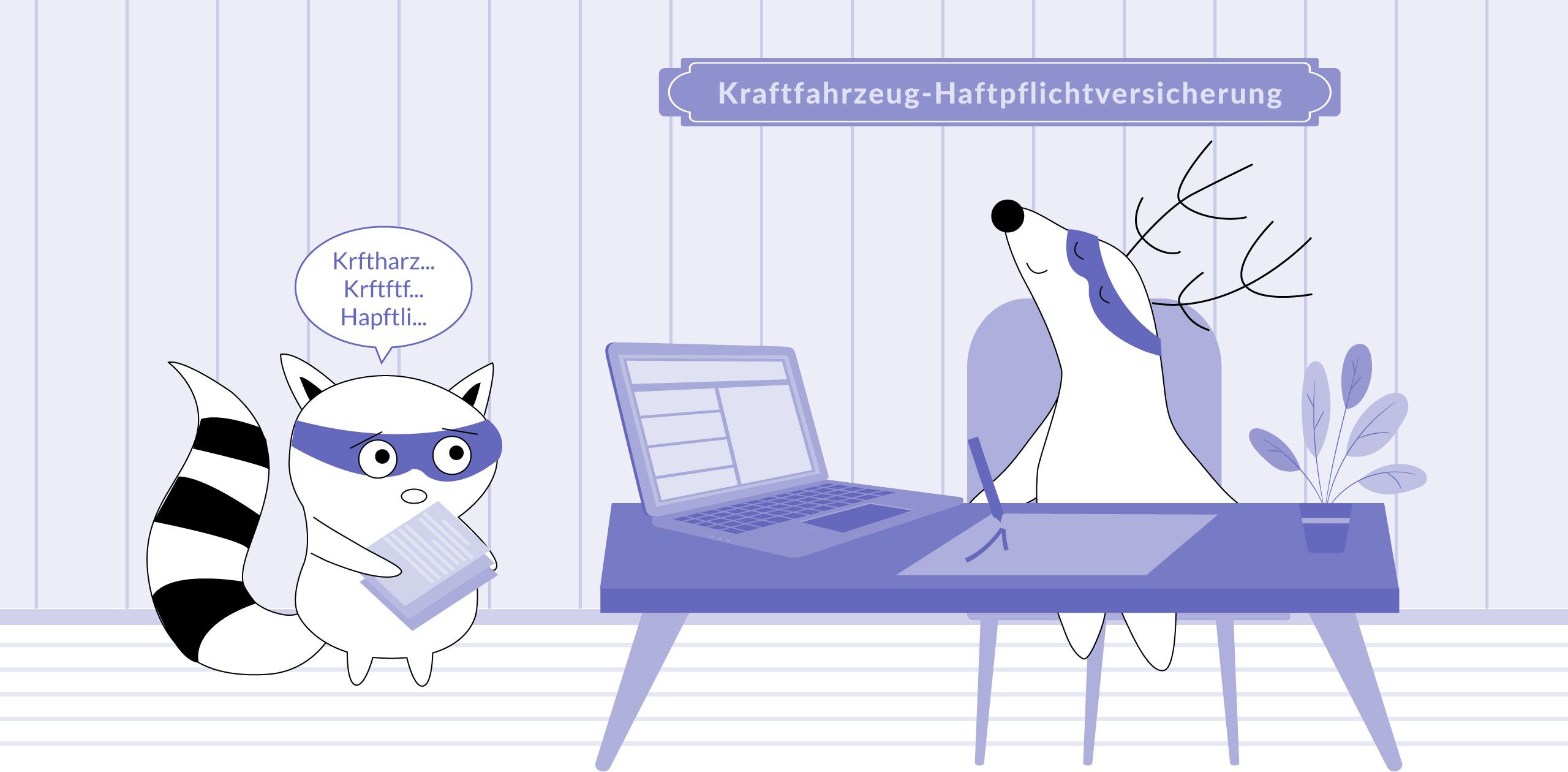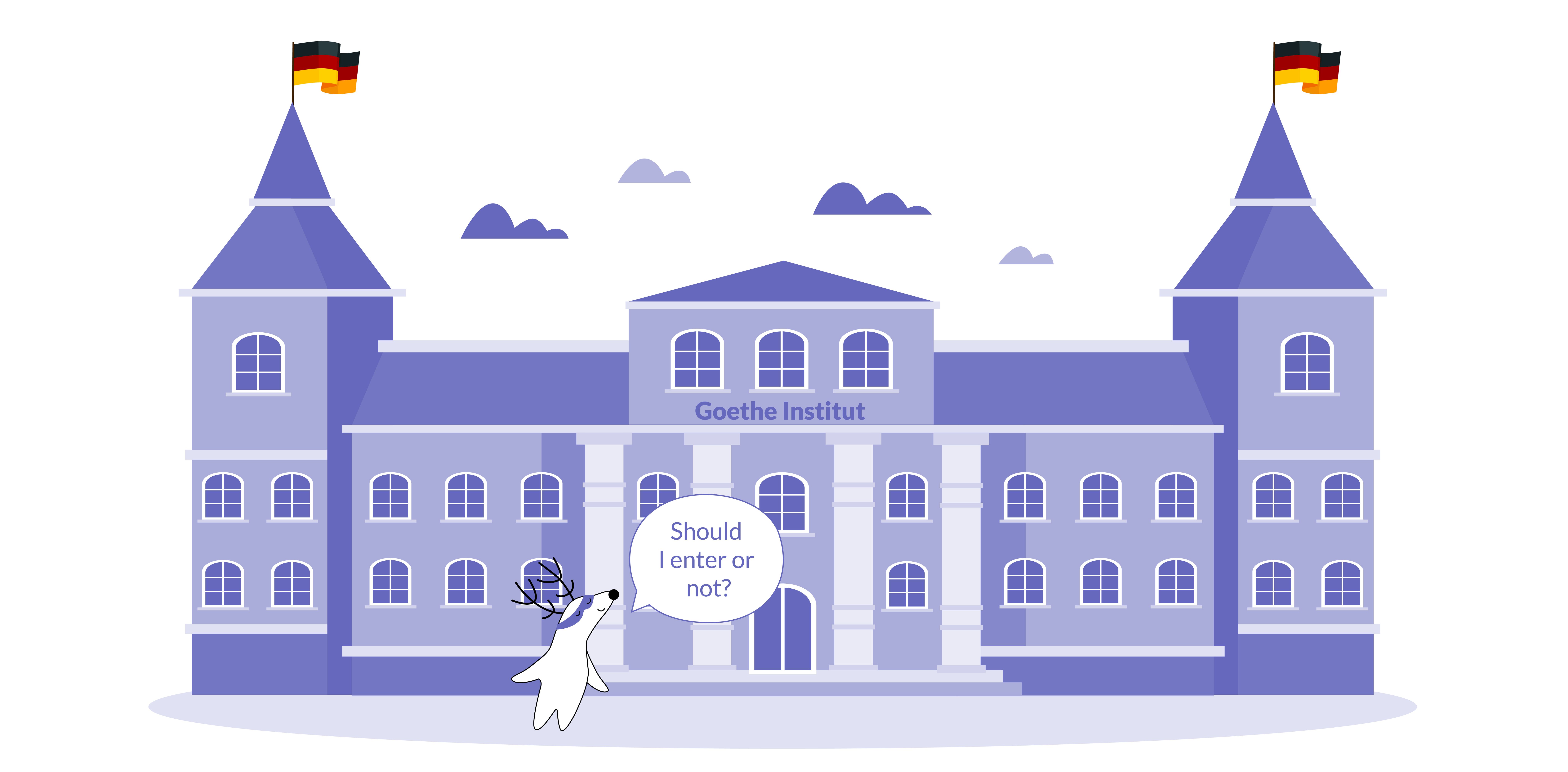
The Goethe-Institut, with its global reach and influence, has long been considered a premier institution for learning the German language. It boasts locations in 98 countries, and its courses are renowned for their comprehensiveness, quality, and adherence to the high standards of German language instruction.
However, despite the prestigious reputation of the Goethe-Institut, many prospective German language learners find themselves at a crossroads. The question looming in their mind is — is it really necessary to learn German with the Goethe-Institut? Or, more specifically, Is it worth the price?
This hesitation often stems from the perceived intensive nature of the curriculum, the high costs of the courses, and the question of whether the additional benefits, such as cultural events and language trips, justify the investment.
In this article, we unravel these aspects in detail, presenting a comprehensive review of the Goethe-Institut's offerings.
Learn German with Langster
What Is Goethe-Institut? A Brief Overview of Organization
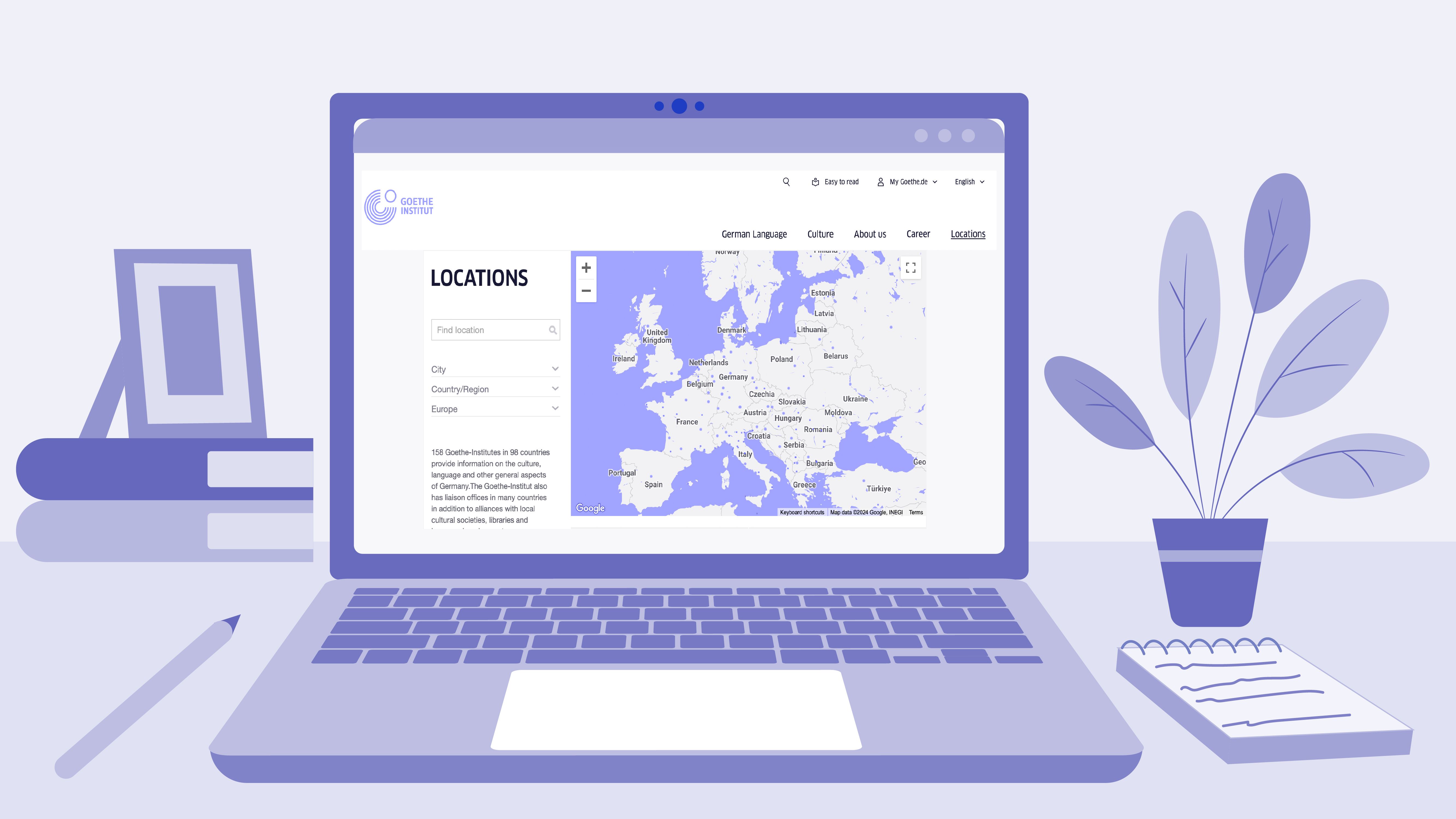
The Goethe-Institut is a worldwide, non-profit German cultural organization with 158 outposts globally. Its main aim is to promote the study of the German language abroad and foster international cultural relations.
Each year, around 246,000 individuals participate in their German courses, making it a popular platform for language learning.
The organization is more than a language institute; it serves as a cultural hub providing insights into German culture, society, and politics. This is achieved through various mediums like film, music, theatre, literature, and cultural societies. These platforms have significantly influenced Germany's cultural and educational policies for over six decades.
Named after the celebrated German poet and statesman, Johann Wolfgang von Goethe, the Goethe-Institut operates autonomously and maintains political independence. Its partners range from public and private cultural institutions to the German federal states and local authorities.
While it receives annual grants from the German Foreign Office and the German Press Office, a significant part of its funding comes from self-generated income, specifically from language course tuition and examination fees, which constitute over half of the organization's total budget.
Additional support comes from contributions by sponsors, partners, and friends, broadening the scope of the institute's work.
The Goethe-Institut also offers scholarships, including tuition waivers, for foreign students intending to become German teachers. These scholarships are awarded based on several criteria, including social or financial need.
Consequently, the Goethe-Institut isn't just a language school but a cultural epicenter and support system for those passionate about German language and culture.
Course Quality
At the heart of any language learning institution lies its curriculum and teaching methods. And, in this aspect, the Goethe-Institut stands out for its high-quality courses, designed to cater to learners at all levels — from beginner to advanced.
These courses follow the Common European Framework of Reference for Languages (CEFR), ensuring consistency and comparability across different programs.
The curriculum is tailored to meet the specific requirements of individual students, depending on their needs — be it cultural or professional. The adopted teaching methods are interactive, communicative, and immersive, focusing on real-life situations rather than just textbook exercises.
Moreover, the Goethe-Institut employs trained and experienced teachers who are native speakers of German or possess a C2-level proficiency in the language. This not only ensures an authentic linguistic experience but also provides students with insights into German culture and society through their instructors.
Goethe-Zertifikat Examinations
The Goethe-Institut offers a range of examinations culminating in the internationally recognized Goethe-Zertifikat. These certifications are valuable for both academic and professional purposes, as they provide proof of one's proficiency in the German language.
The most sought-after examination is the Goethe-Zertifikat B1, which evaluates an individual's ability to communicate in everyday situations and understand the main points of simple texts. Additionally, the Goethe-Zertifikat C1 is regarded as proof of advanced German language skills and enables individuals to study at a university or secure employment in Germany.
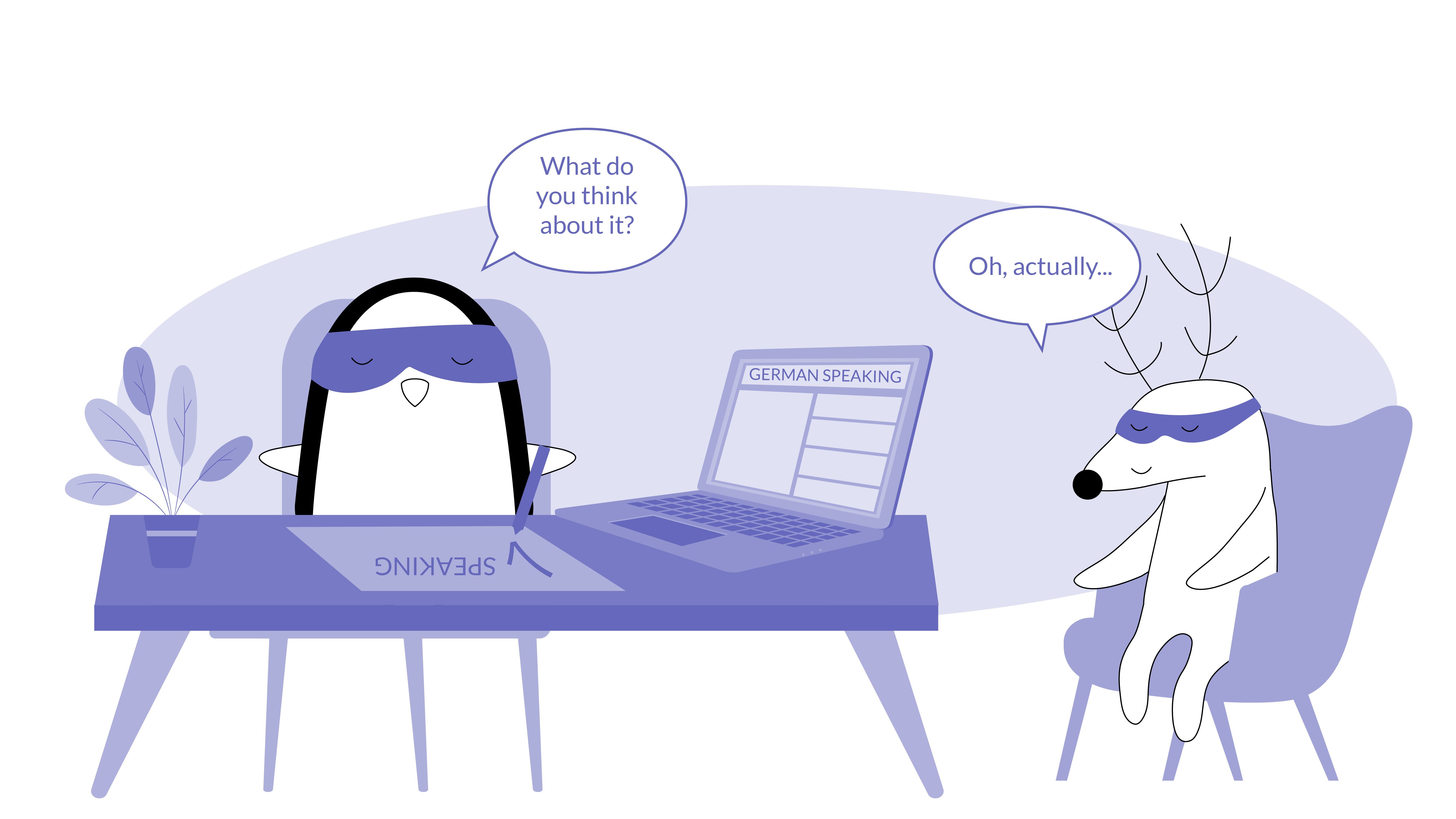
Each Goethe-Zertifikat consists of the following parts:
| Exam Component | Description |
|---|---|
| Reading | Reading comprehension questions are presented in various formats. They could involve reading an article and filling in missing words in a summary or determining where certain sentences fit best. This type of question is particularly common at advanced levels. |
| Writing | For beginner levels, this exam section includes writing short messages on everyday topics, such as text messages, forum posts, or emails. Fillinthe-blank exercises are common here as well. In contrast, the advanced levels require writing a short handwritten essay of around 200 words, typically describing a graph or diagram. |
| Listening | Beginner levels involve listening to short phone messages or announcements about plans, schedules, and transit. Questions about the content of these recordings are then answered. The higher levels have more complex audio materials, such as lectures or debates — the task is to understand and answer questions about the speakers' viewpoints. |
| Speaking | This section requires a quick speech on a given topic, followed by spontaneous follow-up questions from the examiners. In a more advanced exam, candidates may need to propose an activity or opinion to their speaking partner (the examiner) and defend it against their objections. The grading is based on the use of persuasive language skills, not on whether the examiner was convinced. |
| Exam Component | Description |
|---|---|
| Reading | Reading comprehension questions are presented in various formats. They could involve reading an article and filling in missing words in a summary or determining where certain sentences fit best. This type of question is particularly common at advanced levels. |
| Writing | For beginner levels, this exam section includes writing short messages on everyday topics, such as text messages, forum posts, or emails. Fillinthe-blank exercises are common here as well. In contrast, the advanced levels require writing a short handwritten essay of around 200 words, typically describing a graph or diagram. |
| Listening | Beginner levels involve listening to short phone messages or announcements about plans, schedules, and transit. Questions about the content of these recordings are then answered. The higher levels have more complex audio materials, such as lectures or debates — the task is to understand and answer questions about the speakers' viewpoints. |
| Speaking | This section requires a quick speech on a given topic, followed by spontaneous follow-up questions from the examiners. In a more advanced exam, candidates may need to propose an activity or opinion to their speaking partner (the examiner) and defend it against their objections. The grading is based on the use of persuasive language skills, not on whether the examiner was convinced. |
There are several locations across the United States where you can attend Greman classes or register to participate in the Goethe-Zertifikat examination — from Goethe-Institut Washington to Boston, San Francisco, Los Angeles, Chicago, New York, and even Mexico City.
More Than Just German Classes: Cultural Aspects of Goethe-Institut
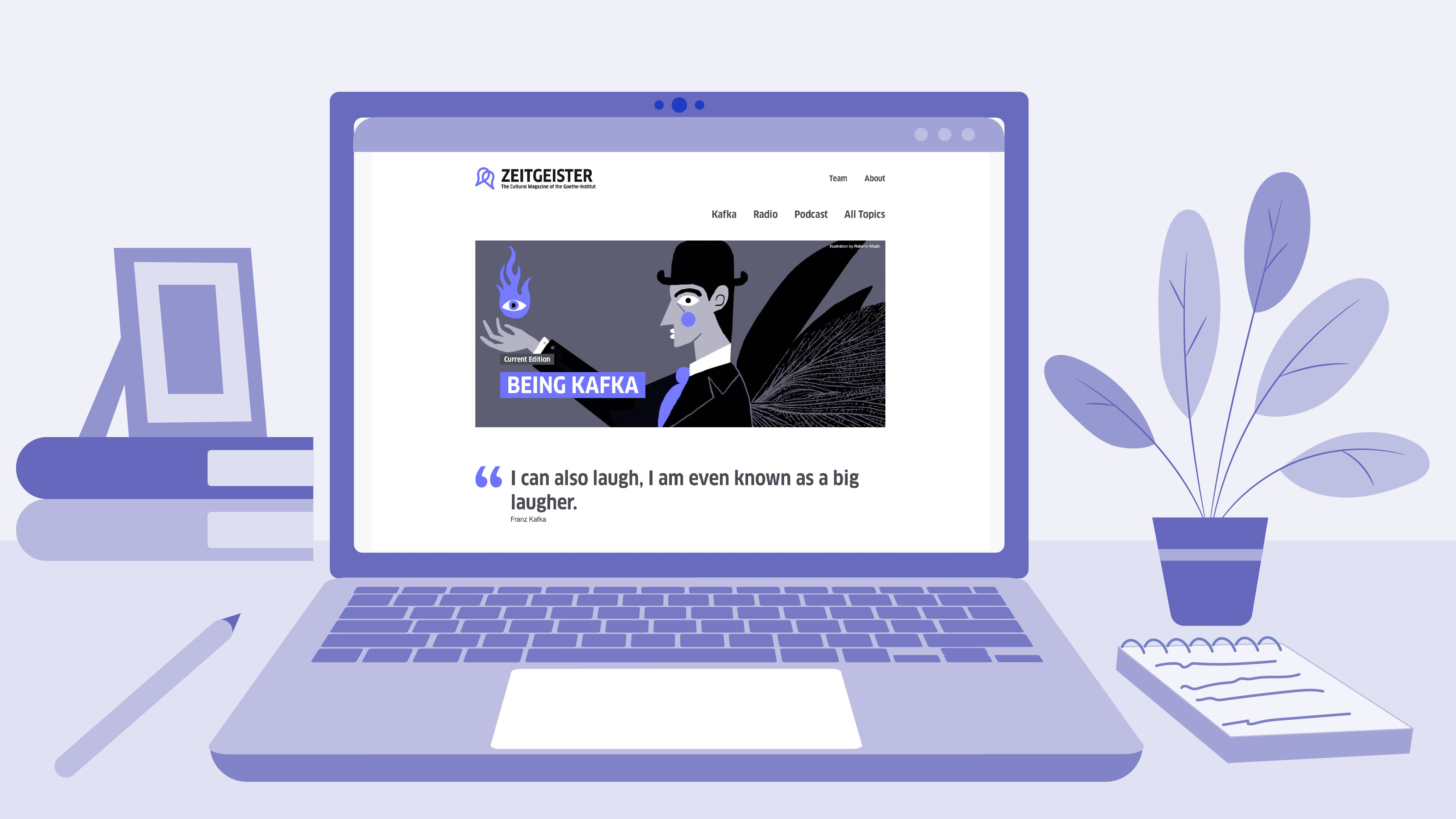
Goethe-Institut is more than just a language learning platform; it's a gateway to understanding German culture, arts, and society.
One of the notable features of the institute is its commitment to promoting German arts and literature. They offer substantial arts funding, supporting numerous cultural projects each year that span from theatre productions to film festivals, thereby providing a platform for artists to showcase their talent.
The Goethe-Institut's libraries are another invaluable resource. Equipped with a wide array of books, films, music, games, and newspapers in German, these libraries serve as a treasure trove for anyone wanting to immerse themselves in German culture.
The libraries also provide Onleihe — an eLibrary where students can digitally borrow German eBooks and audiobooks, as well as ePapers, magazines, music, and movies.
Another unique offering by the Goethe-Institut is their residency programs. These programs provide artists, writers, and musicians from around the world with an opportunity to live and work in Germany.
Selected individuals are given a platform to network, collaborate, and further their careers while simultaneously broadening their cultural understanding and honing their German language skills.
The institute also publishes a culture magazine called Zeitgeister, which is available in both digital and print formats. This magazine delves into current cultural and societal topics in Germany and Europe. It provides insightful articles, interviews, and reports, keeping students and readers abreast of Germany’s cultural pulse.
Through these various cultural offerings, the Goethe-Institut not only teaches the German language but also fosters a deep appreciation for German culture and society.
Costs
One of the key factors that discourage learners from opting for courses at the Goethe-Institut is the perceived high cost. While it is true that their courses are comparatively more expensive than those offered by other language schools and exam providers, the overall value they provide justifies the investment.
The cost of the courses varies depending on factors such as duration, level, and location. For instance, a three-week intensive course in Berlin would cost around €1,099, while a similar course in Melbourne would start at $19 per hour. However, discounts are offered for long-term courses and group bookings across all locations.
The same variability applies to German language examination costs. For instance, here are the fees for German examinations at Goethe-Institut New York:
| Goethe-Zertifikat Type | Cost |
|---|---|
| Goethe-Zertifikat A1: Fit in Deutsch 1 | $120 |
| Goethe-Zertifikat A1: Start Deutsch 1 | $190 |
| Goethe-Zertifikat A2: Fit in Deutsch | $210 |
| Goethe-Zertifikat A2 | $210 |
| Goethe-Zertifikat B1 | $250 |
| Goethe-Zertifikat B2 | $270 |
| Goethe-Zertifikat C1 | $300 |
| Goethe-Zertifikat C2: GDS | $350 |
| Goethe-Zertifikat Type | Cost |
|---|---|
| Goethe-Zertifikat A1: Fit in Deutsch 1 | $120 |
| Goethe-Zertifikat A1: Start Deutsch 1 | $190 |
| Goethe-Zertifikat A2: Fit in Deutsch | $210 |
| Goethe-Zertifikat A2 | $210 |
| Goethe-Zertifikat B1 | $250 |
| Goethe-Zertifikat B2 | $270 |
| Goethe-Zertifikat C1 | $300 |
| Goethe-Zertifikat C2: GDS | $350 |
In addition to their language courses, the Goethe-Institut also offers cultural programs such as movie screenings, concerts, and exhibitions, sometimes at no additional cost. This provides students with a deeper understanding of German culture while providing opportunities for the practical application of their language skills.
The Bottom Line
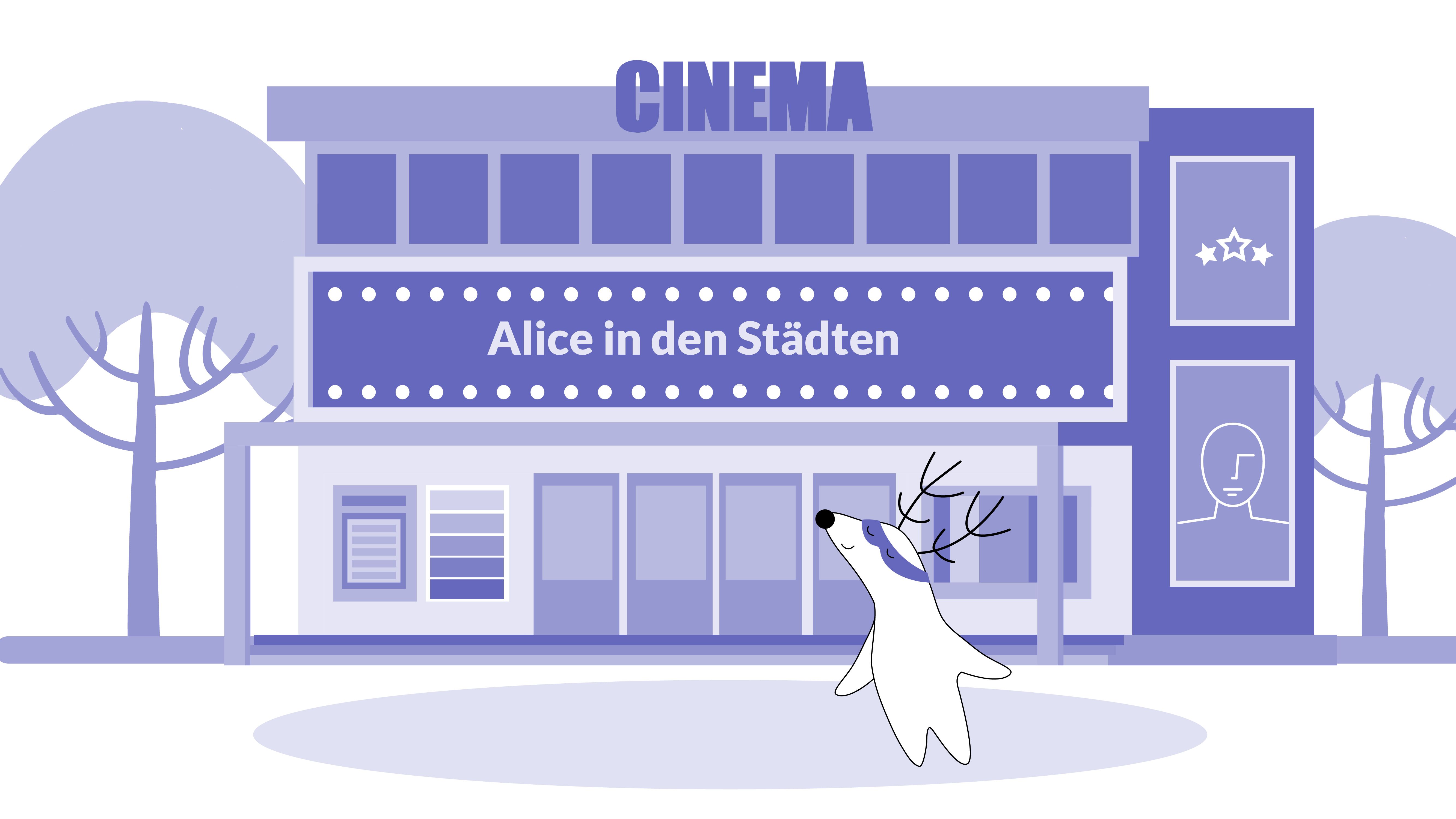
While it may seem daunting at first, the benefits of learning German with Goethe-Institut far outweigh the associated costs. Not only do they offer comprehensive and high-quality language courses, but they also provide opportunities for cultural immersion and personal growth through their various programs and resources.
Moreover, obtaining a Goethe-Zertifikat can open doors to academic and career prospects in Germany, making it a valuable investment in the long run.
Whether you’re considering embarking on a German course or taking the Goethe-Zertifikat exam, don’t forget about diversifying your learning experience. Download the Langster app today, and start learning German with stories — you’ll be thankful during the Reading part of any German testing!
Learn German with Langster








